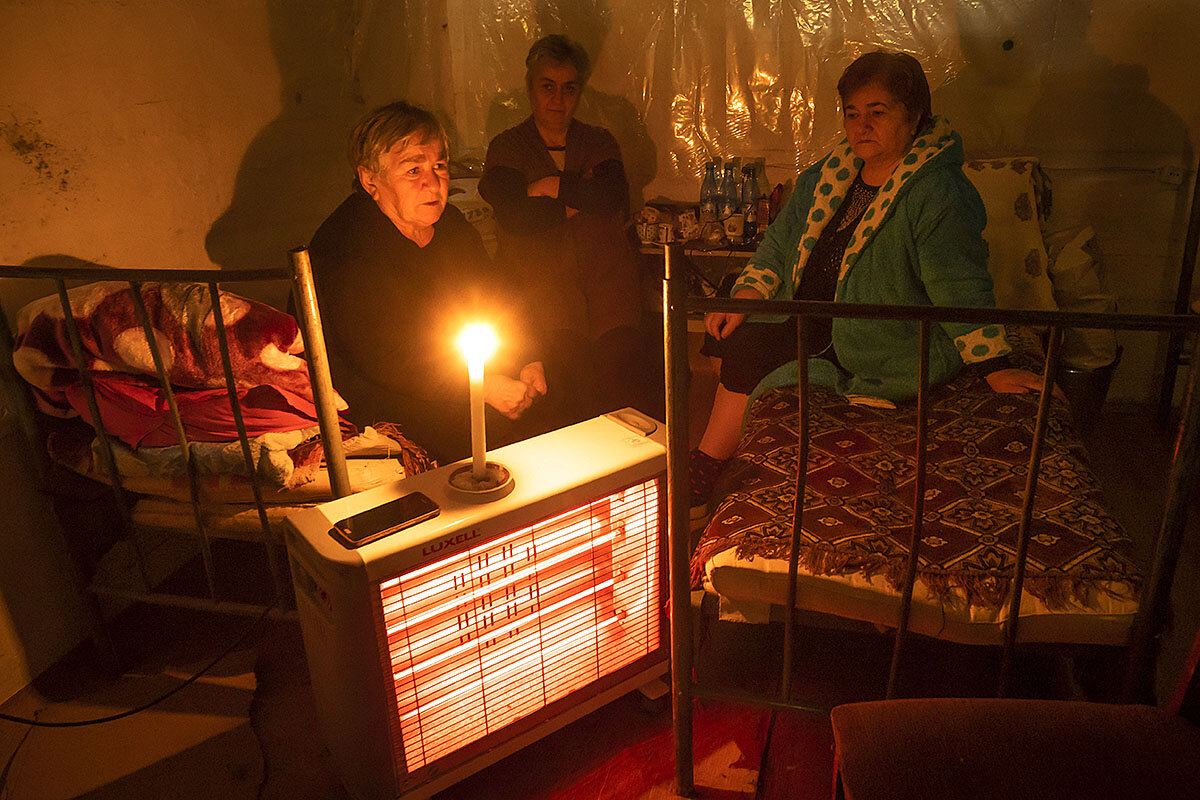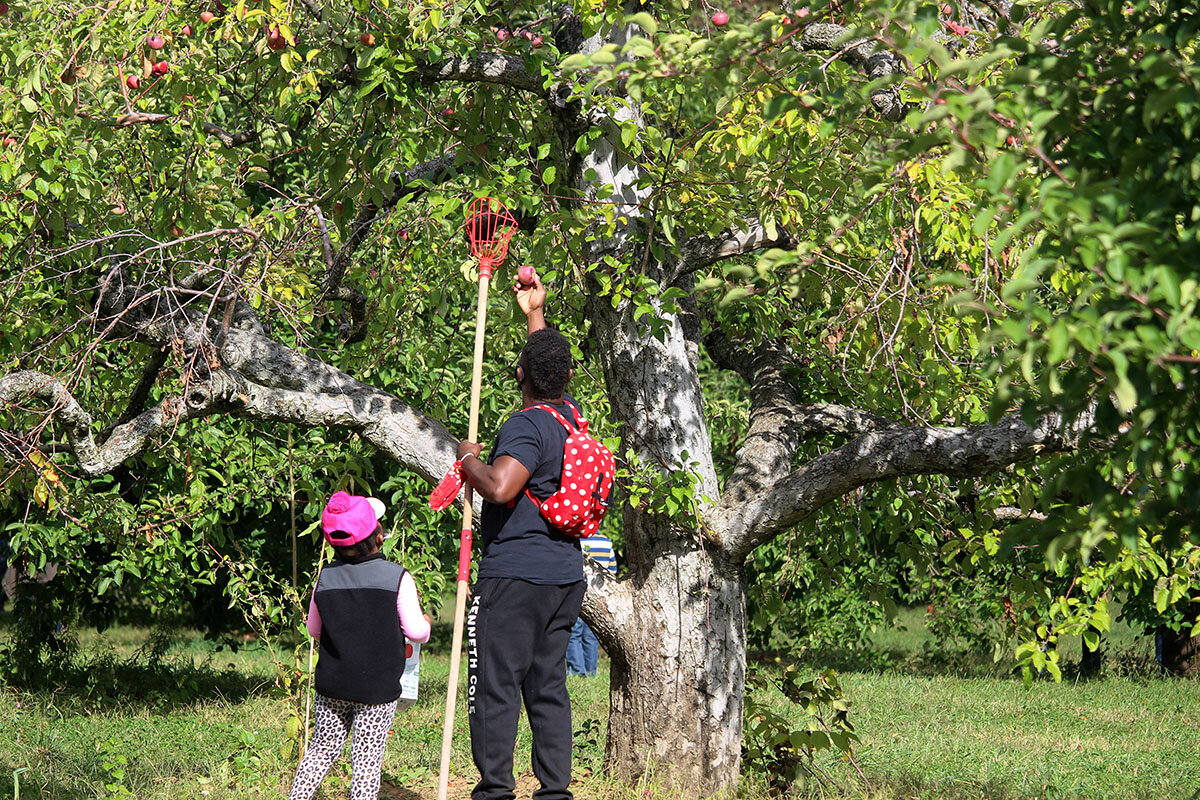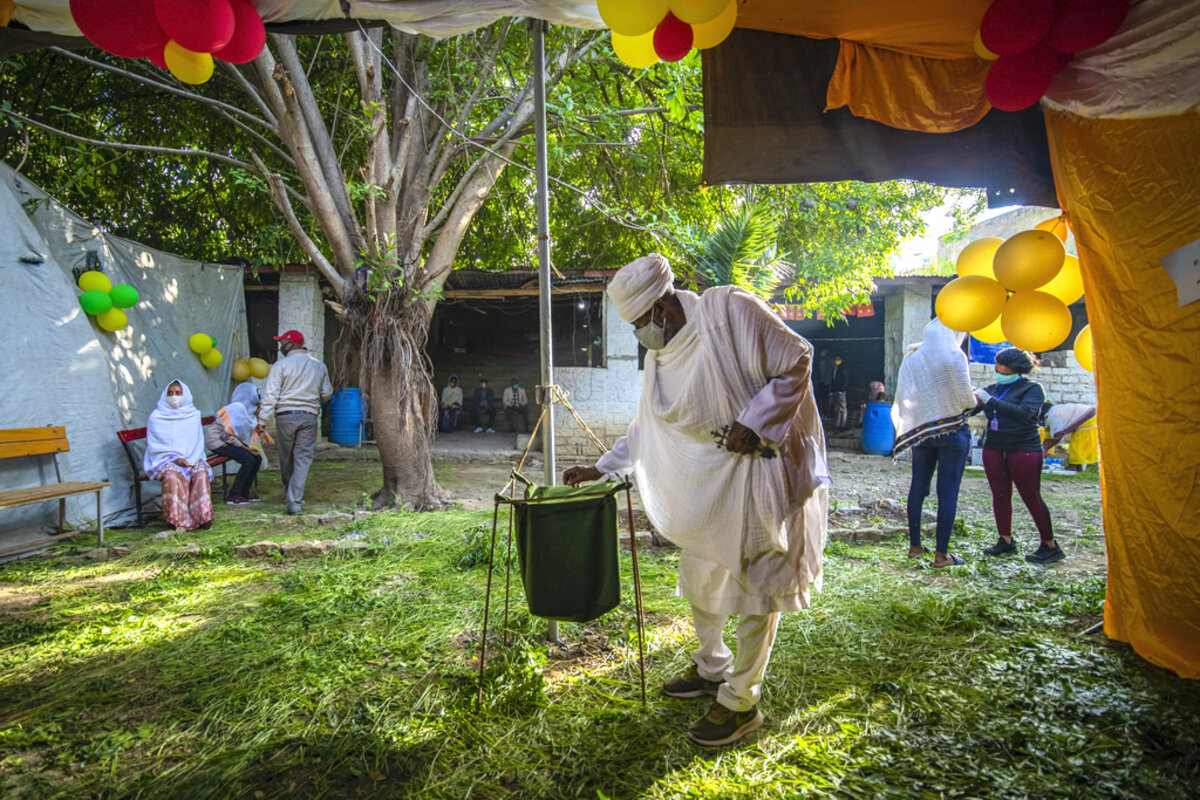Changing demographics in the nation’s fastest-growing state – where most voters live in one of two major metro areas – have made the home state of Barry Goldwater and John McCain fertile ground for Democrats.
Monitor Daily Podcast
- Follow us:
- Apple Podcasts
- Spotify
- RSS Feed
- Download
 Eva Botkin-Kowacki
Eva Botkin-Kowacki
They’re back! Tasmanian devils are once again living on mainland Australia.
The feisty little animals probably went extinct there due to human activity some 3,000 years ago, scientists say. The only survivors were found on the island of Tasmania – until this year.
Conservationists began reintroducing devils into a wildlife sanctuary on mainland Australia in March. Come September, they were doing well, so the team released more, bringing the total to 26.
The scientists are monitoring them, says Tim Faulkner, president of AussieArk, a species recovery organization behind the devil reintroduction project. But, he told National Geographic, “now it’s over to the devils to do what they do.”
Reintroducing endangered species into their native habitats is not a new concept. Perhaps the most famous example is the return of wolves to Yellowstone National Park.
Some critics of this approach caution about the painstaking effort required for each individual creature. But advocates for species reintroduction say that saving one charismatic animal can help others under threat, too. With the Tasmanian devils, scientists hope that their nocturnal presence will change the hunting hours of feral cats, thus protecting nocturnal species like bandicoots.
The experiment is just beginning, but Mr. Faulkner says, “I really believe that over time, we’ll see the devil become a normal part of mainland Australia.” He adds: “It was here 3,000 years ago. You know, that’s an ecological blink of an eye.”










